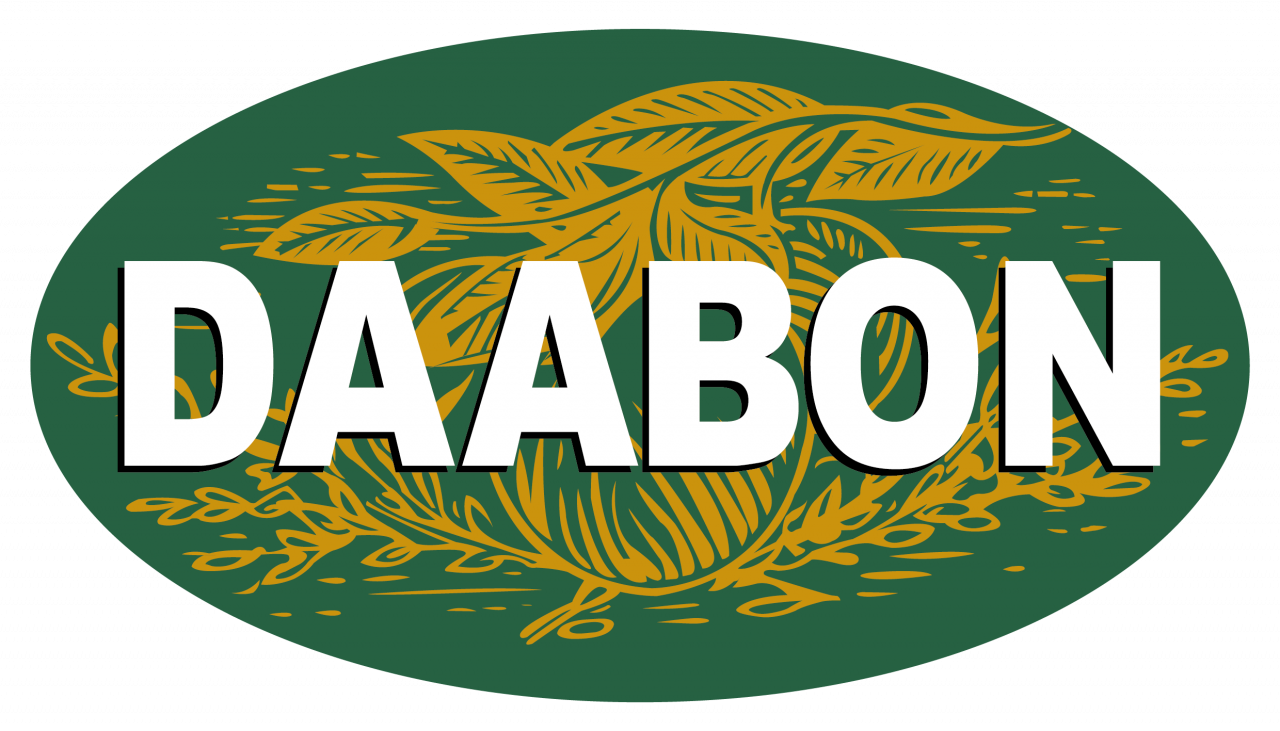DAABON has set the highest standards in the industry for environmental protection, evident in its missions to only plant palms on previously deforested land, never clear forestland or plant on peat, and make sure to protect natural conservation areas for animals to live in, in total the group accounts for about 2124 ha.
The group farms without the use of toxic chemical pesticides or genetically modified organisms (GMOs). Any plant-matter from the palm fruit milling process that can’t be converted into a commercial product becomes feed for animals and fertilizer for the palm trees themselves. In the same spirit of long-term sustainability, DAABON palm oil mill in Colombia captures and treats our wastewater, turning waste into a renewable biofuel that powers the facility and feeds energy back into the grid.
Being headquartered in the stunning natural beauty of the Santa Marta region of Colombia, DAABON group are lovers of nature themselves. The Group were the first certified organic palm oil company ever to be certified sustainable by the Rainforest Alliance. The company is careful to preserve habitats and protect beloved animal species like the anteaters who roam our palm farms. Protecting all rare, threatened or endangered species living on our land is a major priority to us, including armadillos, poison arrow frogs, 154 types of mammals including grey-handed night monkeys, about 400 species of birds, and numerous species of plants.
The farmers in Northern Colombia have seen much hardship and have had to face many challenges in creating livelihoods for themselves and their families. Many left the region to escape from conflict and keep their families safe. DAABON piloted a government initiative – Alliances for Peace – a smallholder program aimed at creating opportunities for those families returning to the region, and those who had remained.
DAABON’s Clean Development Mechanism Methane Recapture program was built in 2011 and has produced over 8 mm kwh to be used by the company and sold to the national grid. The income from this project is reinvested in the local communities supporting a series of entrepreneurial initiatives, ie: bee farming project (DAABON is conscious of the power of bee -No bee No food-), providing the seed capital for a SME textile company run by women, that today produces the uniforms for the entire company, the local police and some schools.
